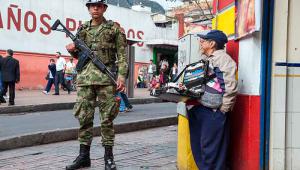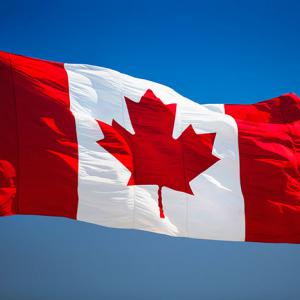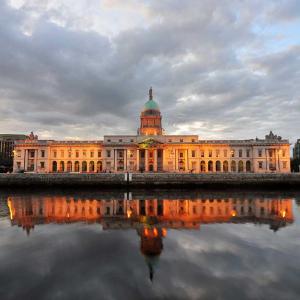By Richard Johnstone | 3 December 2013
Developing countries have called for restrictions to be lifted on the amount of financial support that governments can provide to farmers as part of a new global trade deal.
As a three-day World Trade Organisation summit gets underway in Indonesia in a bid to agree a new set of international trade rules, the G33 group of developing countries also called for action against governments for breaching agriculture subsidy limits to be halted.
The talks in Bali are intended to finally reach an agreement on revisions to global trade rules – the so-called Doha round – after more than a decade of negotiations between rich and developing countries.
Setting out their demands at the start of the summit, the G33 countries said they would not reduce government support for critical food production.
Under the current regime, nations face the possibility of import tariffs being imposed on their goods if they exceed the limit of government support to agriculture, set at 10% of the value of total farm production.
At least one G33 country – India – is likely to exceed the cap as part of government action to improve food security in the country.
Following talks with other G33 nations, India’s minister for commerce, industry and textiles, Anand Sharma, said the group wanted a four-year 'peace clause' when a nation would not attract penalty even if the cap were broken.
‘We can no longer allow the interests of our farmers to be compromised at the altar of mercantilist ambitions of the rich,’ he said. ‘The Bali ministerial meeting is an opportunity for the developing countries to stay united in resolve to demonstrate the centrality of agriculture in trade talks.’
The G33 also called for the WTO calculation used to determine a nation’s agriculture subsidy to be updated. It is currently based on reference prices from 1986-88, even though global food prices have greatly increased since.
An Indian government source said the country could veto any deal that does not change the farm subsidy rules. Ahead of a general election next year, ministers would prefer a ‘no deal to bad deal’, the source added.












